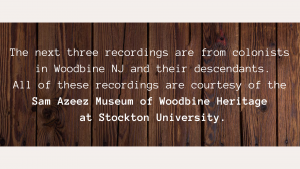Irvin Baker
Listen below to an interview with Irvin Baker who describes the frequent journey off the farms by young colonists to pursue higher education in New Jersey or beyond.
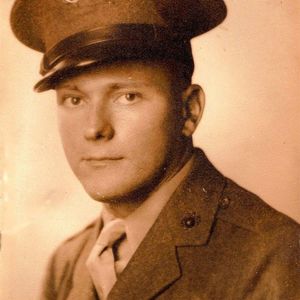
SH (interviewer): You knew you had to work for college. Did this mean that your family just expected you to go to college?
IB: No, I expected to go to college. That was my goal, and I knew that if I, and I guess, yes, they, too, expected, but, they weren’t able. We were just coming out of the Depression and I knew that the resources were not too great, and so, I knew I had to make, and I had only decided to go to Rutgers, because, I decided I was going to enter the College of Agriculture at that time. In fact, I used to regale my classmates with books on poultry husbandry, and then when I got to Rutgers, I decided I wasn’t going to study poultry husbandry; I knew all that stuff. So I took the preparation for research in soils, agronomy, and I had a wonderful adviser, Dr. Jacob Joffe. He was an outstanding soil chemistry professor, known all over the world. The Russians were leading soil scientists, and he was able to translate, because he had come from Russia, and he would translate, and then taking what he learned from them and what he learned on his own, he was a great help.
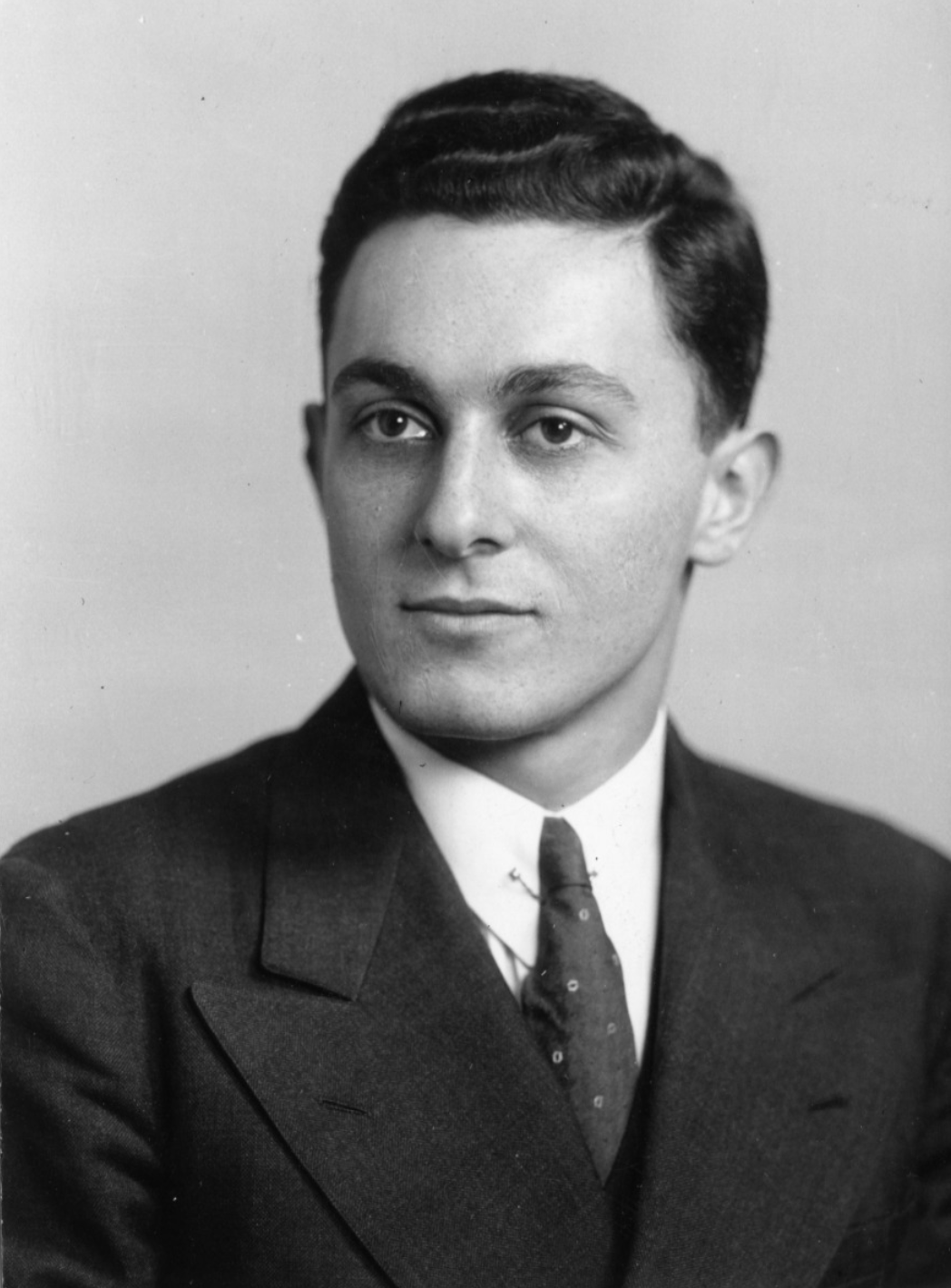
KP (interviewer): So you had quite a bit of different produce … [and animals]?
LC: Yes, produce. Most was for the animals. We had … milk from which we got cheese, … cream, and butter from the cows. But the horses, as far as I could see, worked hard for the grains that fed them. It was not a very productive farm and as a matter of fact, it was out-of-date already. Even in the 20’s and 30’s it was out-of-date. But you mustn’t forget … [that] in the 30’s in Jersey, the average income in the depression was minus two dollars for the farms and throughout New Jersey [incomes were low].

HF: I always told my father that in terms of farming, he was born with two left hands. [laughter] Because he really didn’t, you know what it’s like on a farm, there’s something that has to be fixed every single day. You have to be a carpenter, you have to be a plumber, you have to be an electrician, you have to do all these things. …
—-
HF: I was born in Breslau, Germany, Breslau, after World War II, became Polish.
—-
HF: Yes. My birthday is March 4, 1928, and as I said I was born there and I went to a Jewish day school, primarily, because by the time I was ready to go to school, Hitler was in power. … Jewish kids were not allowed to go to public schools anymore.

SI: What did they do once they settled in? Did they buy farms?
AG: Well, no, because her father was a rabbi. So, he was a rabbi here, but, most of the survivors, and we had about 300 families, as you probably heard, come in this neighborhood, … came because the Jewish Poultry Society purchased farms for them, and so, all of a sudden, … the lawyers and the doctors and the engineers became farmers, but, at least it got them into the country. … Many of them went back to their own professions, moved to the cities. … The perfect example is Miles Lerman, who, today, is president of the Holocaust [Society?] and who has done such a tremendous amount in the Jewish world, and many of them have been very active.
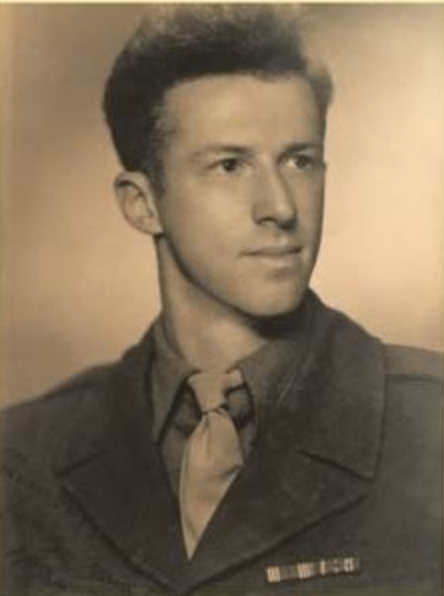
SI (interviewer): You described your father as an activist. Was he involved in local politics?
MH: Yes, he was involved in various things. One was, farmers had to buy feed from a feed dealer. About, again, … a mile-and-a-half, in a different direction, was an old mill. To digress a bit, old mills were very important in American culture and world culture. So, in that area, there was a sawmill, a grist mill, for making grain, a cider mill, which made cider, and probably other mills. So, the miller charged an exorbitant amount for feed for the cows and chickens. So, my father helped organize a huge co-operative in Hightstown, New Jersey, called the Central Jersey Farmers’ Cooperative, and farmers from miles and miles around became members. I personally went to one of their meetings, my father was presiding, and there was almost chaos. The farmers were all individualists. …
—-
SI: How far away were you from your nearest neighbor?
MH: Oh, … just a couple hundred yards, yes.
SI: It was not distant or isolated.
MH: No, no, and shopping was done in New Brunswick, and, originally, by horse and wagon. … Now, to drive into New Brunswick by highways is maybe seven minutes. [laughter] In those days, it was a whole half a day. The family had to devote an entire day to driving back and forth. However, there was a trolley car running through there. It had been there for, like, a hundred years or something, from Trenton to somewhere north, perhaps Elizabeth. [Editor’s Note: The trolley line was formed in 1902, with service reaching the New Brunswick area in 1904. The northern terminal station was in Jersey City, NJ. Prior to that, a series of independent railroads and traction companies had serviced the area since the mid-1800s.] … So, my mother would take the trolley into New Brunswick and bring back groceries, but, as in Lincoln’s time, the farmers were pretty well autonomous. There was a dirt cellar and, in the cellar, you could store, all winter, beets, all root crops, beets, potatoes, sweet potatoes, carrots, whatever grew in the ground, and the women had to can for the winter. My mother and grandmother would, for example, make two hundred jars of tomatoes for the winter, and, typically, in a farm would be a huge barrel of apples, which could be kept in an unheated basement most of the time. In some of the farms, let’s say from Eastern Europe, like from Poland, they would have a huge barrel of hard cider, typically, and out of the barrel was hanging a hose. … You went down there and drank from the hose, everybody did, and, also, back in the one-room country schoolhouse, the farmer across the street brought in a big jug of water and one dipper [laughter] and everybody drank from that one dipper.

SI (interviewer): You settled in Vineland. I believe there was already a Jewish community there that had been built up through the Baron [Maurice] de Hirsch Foundation.
WK: Baron de Hirsch, yes. … That community was more in Norma, a little town of Alliance. That was an old Jewish settler community of farmers … from the Baron de Hirsch time, which was, like, in the 1880s. Vineland was more new. Vineland was almost all World War II refugees, but, nearby, in Norma, that had been that Alliancearea, had been the older [community]. … I went to Rutgers on a Baron de Hirsch Scholarship, specifically for sons of Jewish immigrant farmers. That’s what the scholarship was for. Not only me, but I think there were about thirteen of us from Vineland High.
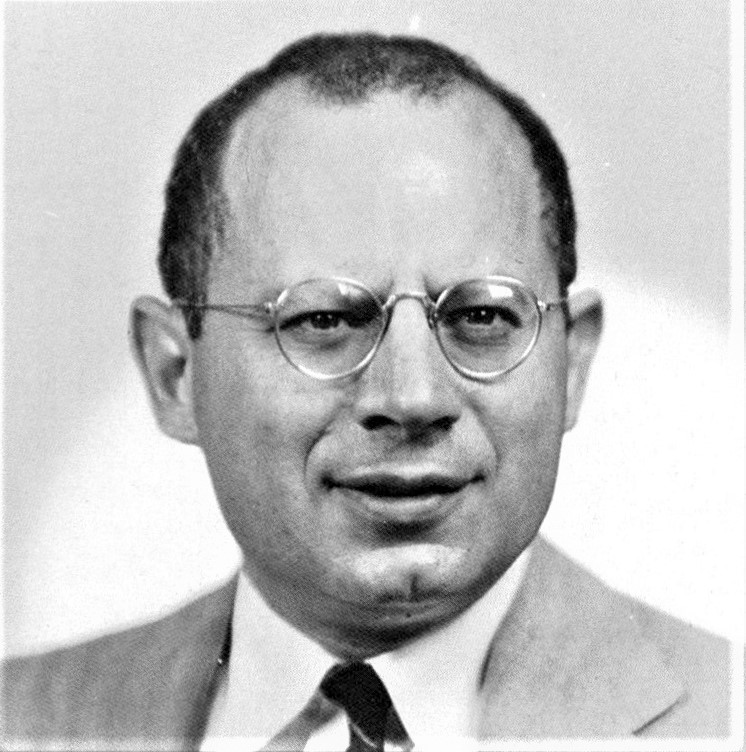
EK: Students of vocational agriculture at that time had a national organization that was called the Future Farmers of America. We had a real live wire agriculture teacher, and he promoted me, so to speak, as the high school vehicle in the Future Farmers, and I’d get to go to New Brunswick, the State College, from time to time on account of that. That was one high school activity beyond the usual.
—–
EK: Helyar was a humanist, and he was very interested in the welfare of the kids under his wing, and the whole Ag School was under his wing. He did not have favorites. He took care of everybody. He was instrumental in establishing what was called Helyar House, a cooperative living opportunity on the College Farm. The boys cooked and prepared their own meals, helped each other, and most of them had jobs on the college farm, and Helyar was very zealous that jobs that students could fill should be offered to students, and not put up for general bid, and a lot of kids stayed over the summer on account of their jobs at the College Farm.
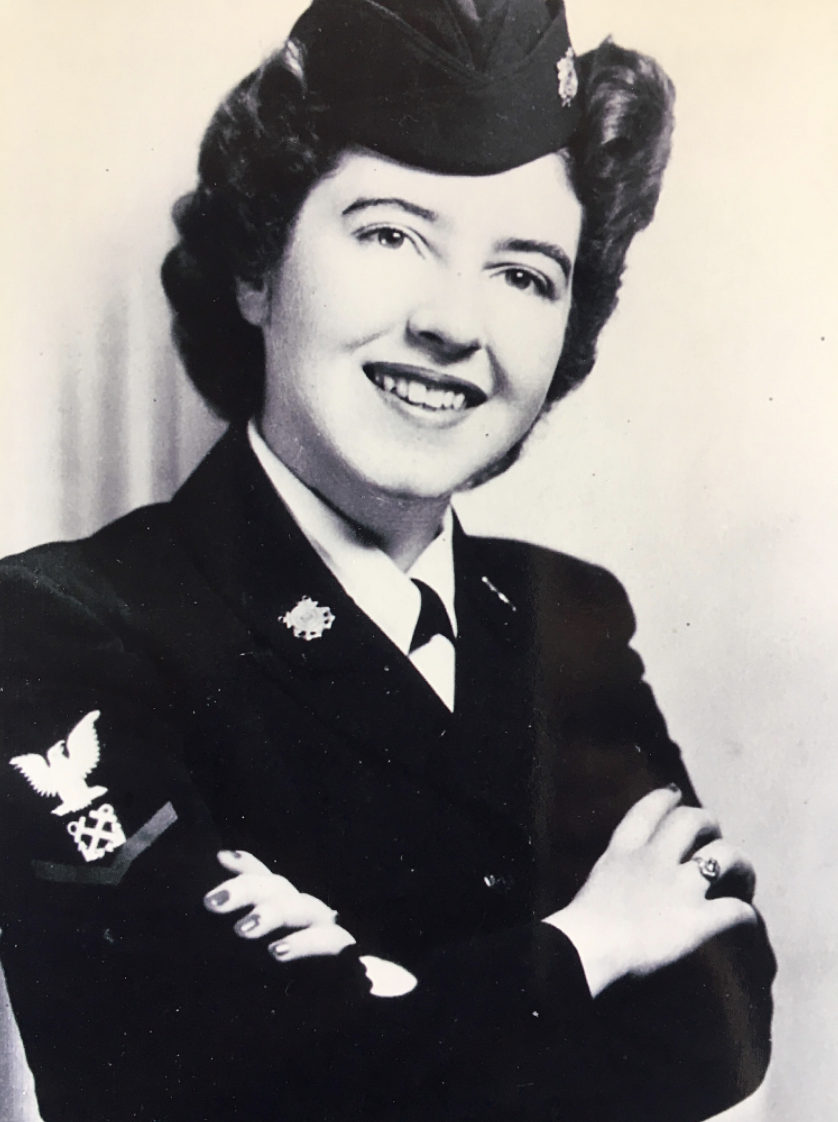
DSW: My father went to Townsend-Harris in … Manhattan, which was for outstanding students. From there, he went to … CCNY, and, after he was there for two years, someone told him about an agricultural school, he had hardly ever been out of the city, that was being run in South Jersey, and they thought that he might like to go there. … That was two years. They raised all their own crops. They learned everything that they could about being a farmer there, and then, you could specialize in one thing or another. The school was named the Baron de Hirsch Cultural School. The money was given by a French Jew. They had always said that the Jews could not be farmers, that they weren’t prepared to be farmers, but, the thing is, in Europe, Jews were not allowed to own land, and that was the reason they said that. It wasn’t true.
—-
DSW: There was also something called the Jewish Agricultural Society in New York, and, when Hitler began to be popular in Germany, many of the Jews left, and they came here to farm, even though they were doctors, and dentists, and lawyers, and all. One man owned … a big business in Berlin, and he bought a farm right outside of Princeton, and he was a friend of Doctor Einstein’s, … from when they had been in Berlin. So, Doctor Einstein would come out to his farm. … He liked the privacy there. He came with his sister. This is jumping ahead quite a bit now. I’m up to about 1937.
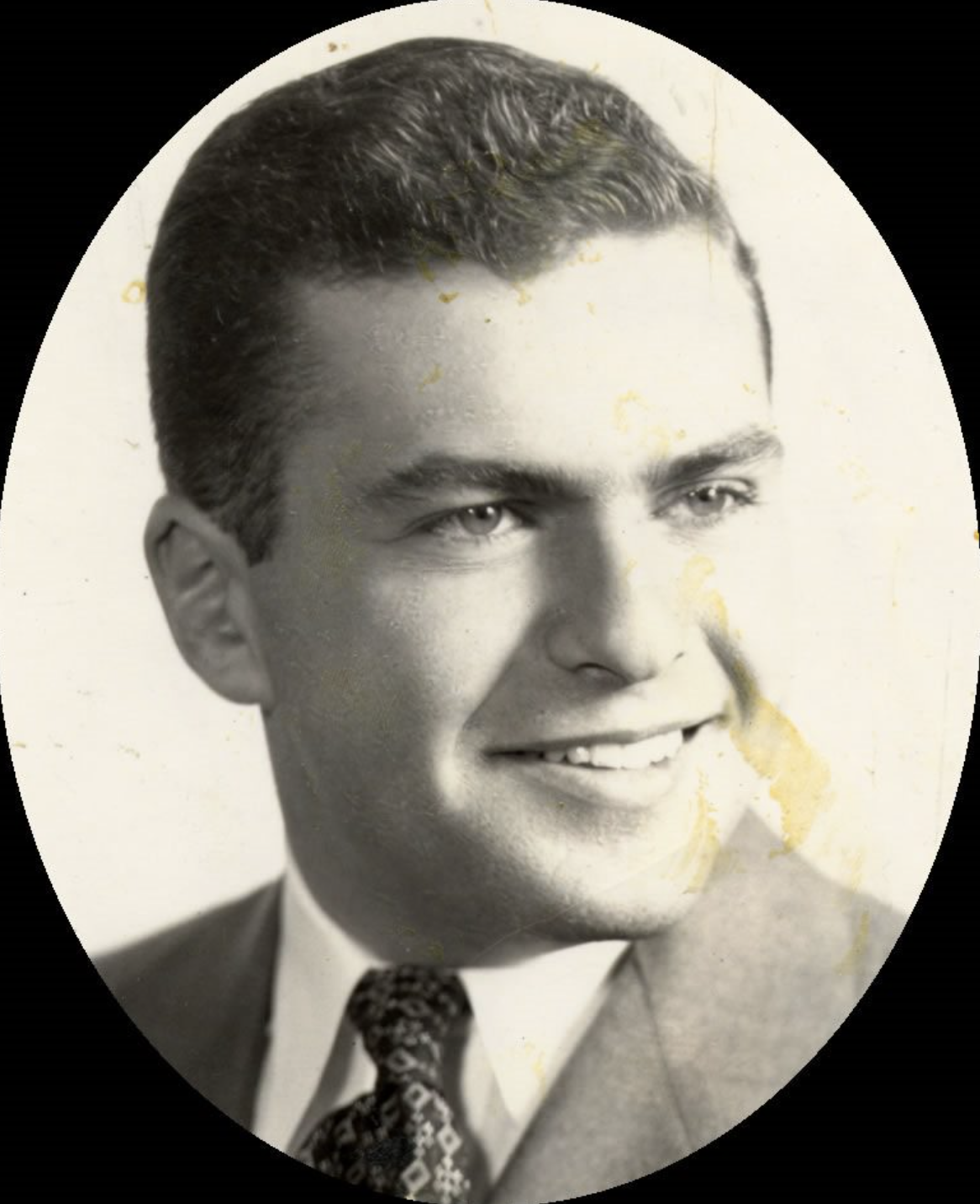
JS: About that time a new market opened down in the Ironbound Section of Newark called the Newark Farmers Market. It was a cooperative that farmers had pooled their money to build this market. It still exists today because Miller Street is no longer there. It is a housing project as I understand. The Newark Farmers Market opened up and they were one of the first men to sign up for stalls there.
—–
JS: Not far from where this farm was located there was a school called the National Farm School. It was a school started by some Jewish fraternal organizations to inculcate young Jewish immigrants and boys to learn agriculture. Today I believe the school is a community college because of things my dad told Ed Paxson about marketing and packing produce.
